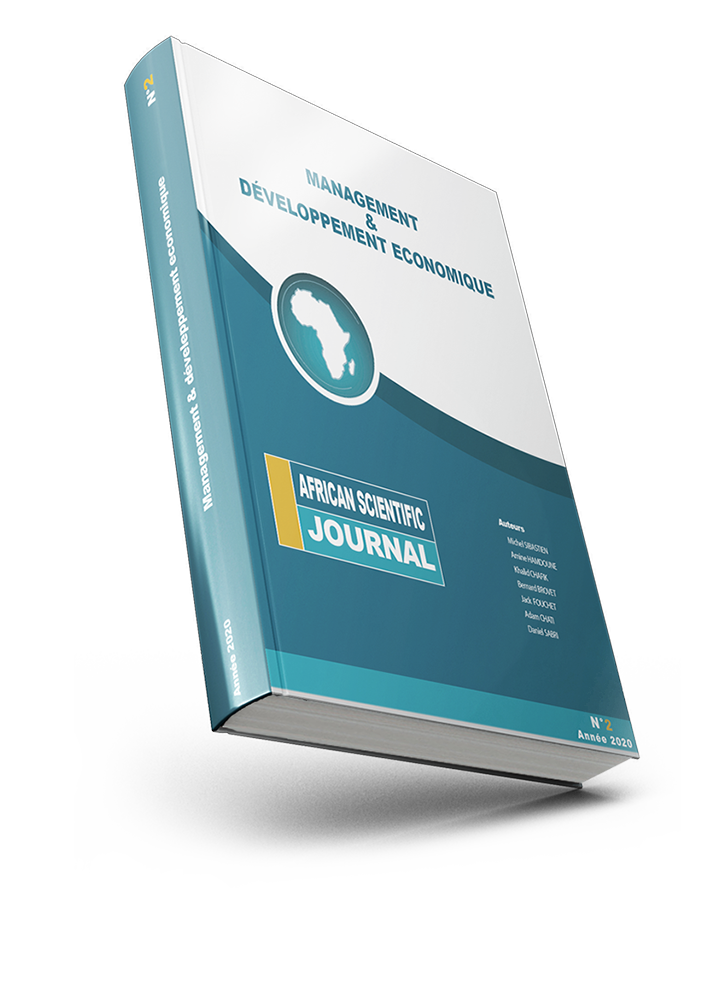The determinants of the effectiveness of internal audit at the level of the Moroccan public administration: theoretical approach
DOI:
https://doi.org/10.5281/zenodo.7898697Keywords:
Internal Audit, AI Effectiveness, AI Effectiveness Factors, Public Administration, TheoriesAbstract
The internal audit (IA) function, which is historically linked to the private sector, has gradually been transposed to public administrations, under the effect of several factors related to the reform process initiated for years.
However, the creation of an AI within these administrations is not an objective in itself to achieve the expected objectives. Certain prerequisites must be taken into account so that this function operates under the best conditions and therefore becomes effective. The review of previous studies shows that there has been no consensus among researchers in relation to the measures to adopt for the determination of the effectiveness of internal auditing. This is due, according to (Endaya and Hanefah, 2013), to the lack of sufficient attention to the theories that could be used to build a theoretical framework of internal audit effectiveness.
The objective of this article is to propose a theoretical framework relating to the effectiveness of IA by the combined adoption of institutional and agency theory and presents a conceptual model relating to the factors of IA effectiveness.
In this context, our results suggest that the factors affecting the effectiveness of the internal auditor at the level of the context studied are mainly the independence of the IAs, the reinforcement of their skills, the support of senior management and the use of the AI function as a career opportunity.
Downloads
Published
How to Cite
Issue
Section
License
Copyright (c) 2023 African Scientific Journal

This work is licensed under a Creative Commons Attribution-NonCommercial-NoDerivatives 4.0 International License.





















